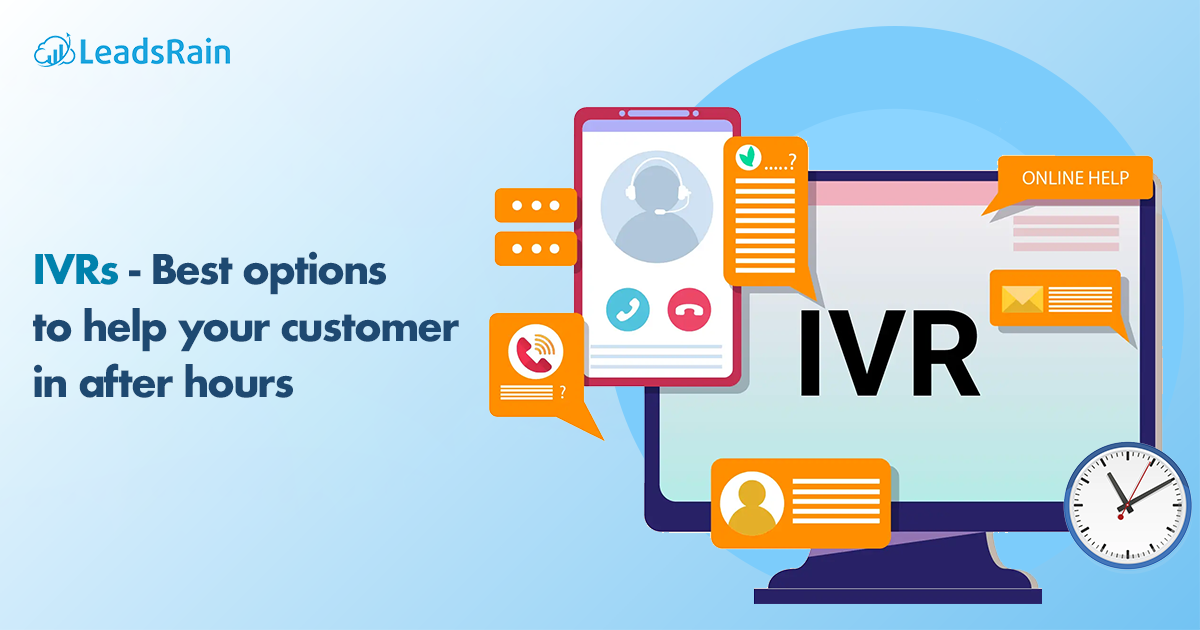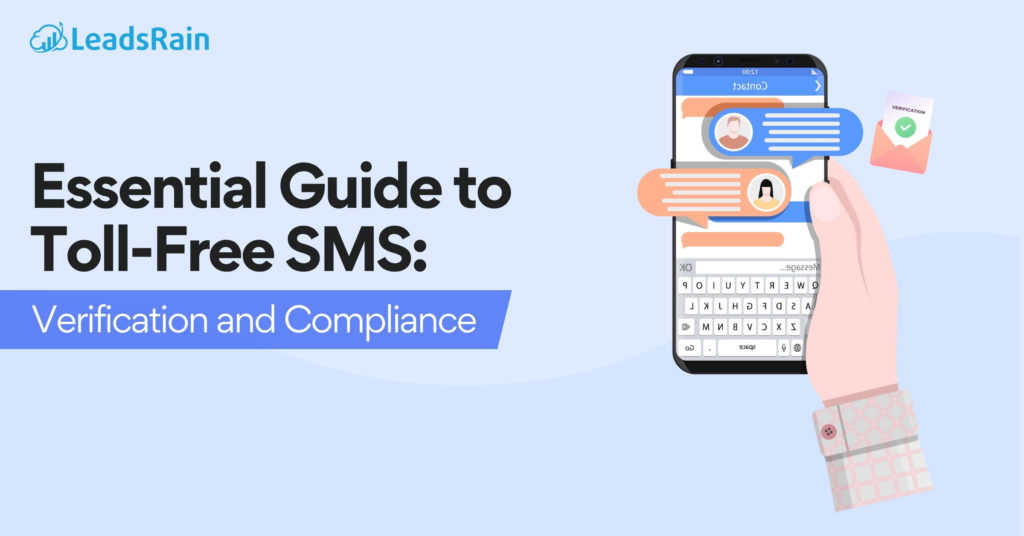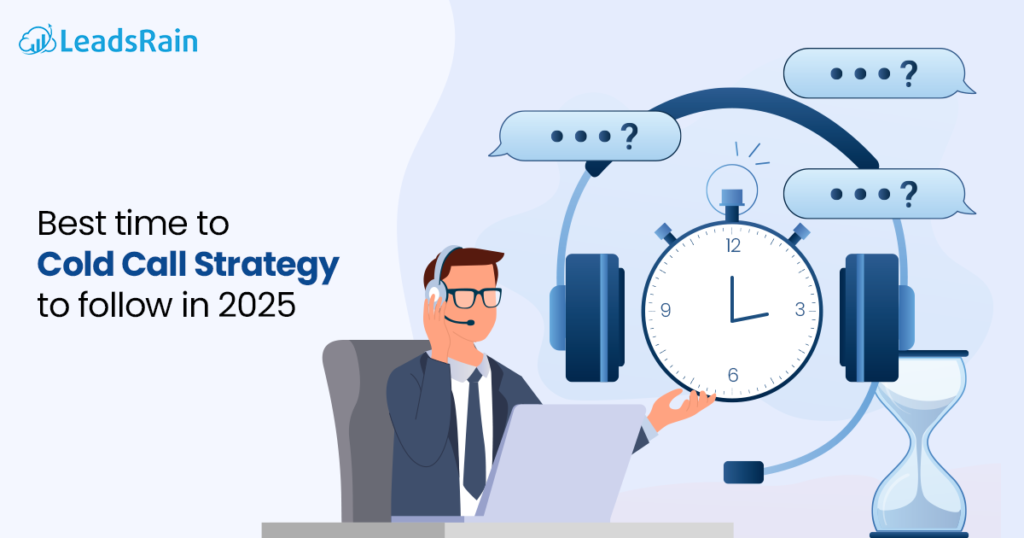Running a business doesn’t stop when the clock hits 5 PM. Whether you’re in insurance, real estate, healthcare, or eCommerce, your customers might need help any time—day or night. That’s where Interactive Voice Response (IVR) steps in as a 24/7 solution to bridge the gap between your business and your customers after-hours.
In this article, we’ll break down how IVR systems can support your clients after business hours, improve satisfaction, reduce costs, and keep your operations running smoothly even when your human team clocks out.
Why After-Hours Support Matters?
Your customers don’t just operate during business hours—life happens around the clock. Whether it’s a billing question, a product concern, or an emergency situation, people expect help when they need it. If you’re not available, they’ll likely turn to a competitor who is.
Offering after-hours support doesn’t mean you have to staff a 24/7 team. With smart tools like IVR, you can be available without burning out your resources. The key is giving customers options—even when your team is offline.
Here’s why after-hours support is a game changer for modern businesses:
- Customers expect 24/7 availability – Especially with online services, people assume support should be instant.
- Emergencies don’t wait – For industries like healthcare, insurance, plumbing, or property management, fast responses are critical.
- It reduces missed opportunities – After-hours leads can still be captured and qualified through IVR.
- Improves brand trust – Being there when customers need you—even virtually—builds loyalty.
- Enhances customer experience – Self-service or basic assistance outside office hours can still make a huge impact.
- Supports global time zones – If your clients or users are international, round-the-clock access is essential.
- Reduces frustration and wait times – Letting customers get answers right away means fewer complaints and better satisfaction.
- Filters and routes urgent issues – IVR can identify high-priority cases and escalate them, even at midnight.
- Cost-effective compared to hiring a night team – Automation handles the load without draining your budget.
How IVR Systems Solve After-Hours Challenges?
When your team logs off for the day, an IVR (Interactive Voice Response) system steps in to keep things moving. It’s not just about answering the phone—it’s about delivering structured, helpful, and automated interactions that ensure your customers don’t feel ignored or stuck.
IVR systems offer a range of features that can handle everything from basic FAQs to urgent call routing. And because they work seamlessly with your CRM or support tools, they keep your operations running without interruption, even when no one’s at a desk.
Here’s a breakdown of how IVR can support your business after-hours:
1. Self-Service Access for Routine Tasks
IVR systems shine when it comes to handling basic, repetitive inquiries that don’t require human interaction. After-hours, customers often just need quick answers—like checking the status of an order or confirming a balance. An intelligent IVR flow gives them what they’re looking for without the wait, which enhances satisfaction and reduces frustration.
With self-service IVR, callers can:
- Check order or shipping status
- Hear store hours or holiday schedules
- Access account balance or payment history
- Get answers to FAQs (return policies, business info, etc.)
2. Emergency Call Escalation
Not all calls can wait until morning, especially in sectors like healthcare, home services, utilities, or insurance. IVR can identify high-priority calls and route them to the appropriate on-call staff member. This ensures urgent issues are addressed immediately while lower-priority calls are logged for follow-up.
Escalation flows typically allow customers to:
- Press a dedicated key for emergencies (e.g., “Press 1 for urgent help”)
- Bypass the normal menu to reach a live on-call technician
- Trigger SMS or email alerts to your escalation team
- Be informed of expected callback time if not connected instantly
- Get routed to voicemail if no one is available, with priority tagging
3. Lead Collection and Qualification
Even after-hours, every missed call could be a missed opportunity. A properly designed IVR captures the caller’s intent and contact details so your sales team can follow up with context. It’s an efficient way to turn overnight or weekend calls into qualified leads.
IVR can guide leads through:
- Name and contact info collection
- Product or service interest selection
- Budget or location-based qualification
- Preferred contact time capture
- Auto-routing to the correct sales rep’s queue
4. Appointment Scheduling and Management
Missed appointment opportunities are costly, and customers don’t want to wait until business hours to book or change one. With IVR connected to your calendar or booking system, users can schedule, cancel, or reschedule on their own—24/7.
Appointment IVR flows allow users to:
- Book a new appointment based on available time slots
- Reschedule an existing appointment without speaking to a rep
- Confirm upcoming appointments via automated reminders
- Cancel or free up a time slot for someone else
- Receive SMS confirmation once the process is complete
- Sync with internal calendars to avoid double bookings
5. Multilingual Menus for Broader Accessibility
If your customer base includes multiple language speakers, IVR can create a smoother, more inclusive experience by offering language options right from the start. This feature helps you reach and support a wider audience—especially in diverse markets.
Multilingual support can include:
- Language selection at the start of the call
- Routing to dedicated language-specific queues
- Personalized menu prompts in selected language
- Consistent language experience throughout the call
6. CRM Integration for Personalization
An IVR system that talks to your CRM can turn a generic phone interaction into a tailored experience. Whether it’s recognizing the caller ID, referencing their past purchases, or presenting customized menu options—it adds a personal touch that keeps customers engaged and loyal.
CRM-integrated IVR systems can:
- Identify returning callers and greet them by name
- Offer menu options based on previous inquiries
- Access and update customer profiles in real time
- Record call outcomes directly in the CRM
- Match the caller to their assigned agent or sales rep
- Trigger automated follow-ups after the call ends
7. Broadcast Promotions or Service Updates
Use your IVR as a subtle marketing tool or announcement board. While a customer waits or navigates through the menu, you can share key updates—like limited-time offers, system outages, or new services. It’s non-intrusive and highly effective.
This use of IVR helps you:
- Inform customers about ongoing deals or discounts
- Announce new service offerings
- Share time-sensitive news (e.g., closures or maintenance)
- Provide alternate contact methods during outages
8. Collect Feedback or Voicemail Messages
Even after-hours, you can give customers the option to share their thoughts or record a message. This gives them a sense of being heard, while providing your team with actionable insights to improve your service.
With IVR feedback tools, customers can:
- Rate their experience using keypad responses
- Leave open-ended voice messages with suggestions or complaints
- Respond to quick surveys for quality monitoring
- Identify the reason for their call in their own words
- Mark their message as urgent or non-urgent
9. Automated Callback Options
Instead of leaving customers waiting or forcing them to call back repeatedly, IVR can offer a simple callback option. This lets your team reconnect at a more convenient time—without losing the customer altogether.
Automated callbacks allow you to:
- Let callers request a callback at their preferred time
- Queue the request inside your CRM or helpdesk
- Avoid long hold times and reduce abandonment rates
- Balance call volumes during peak hours
- Prioritize callbacks based on urgency or type of inquiry
- Improve first-call resolution by assigning the right rep
In Conclusion
IVR ensures that your business stays responsive, even when your team is offline. It gives your customers structure, guidance, and peace of mind—without requiring a live agent on the line.If you’re looking to offer better after-hours service while staying efficient, we can help. Reach out to support@leadsrain.com and let’s explore the right IVR setup for your business.




